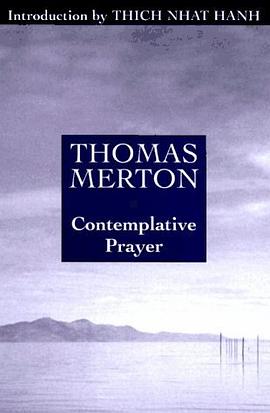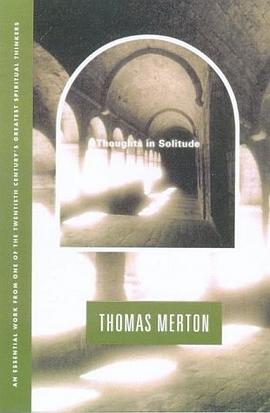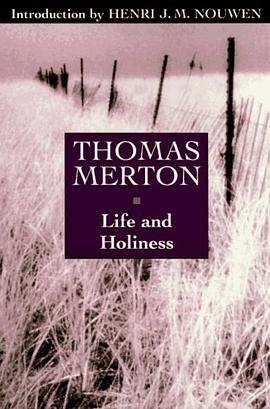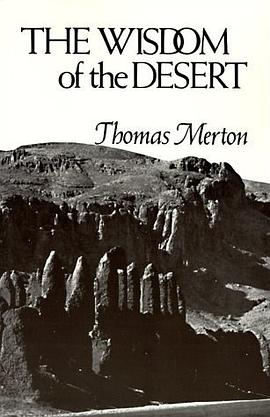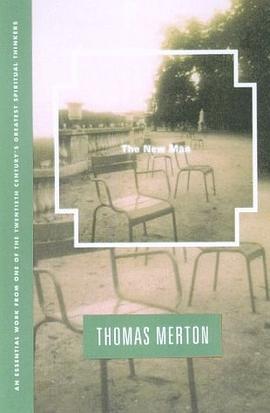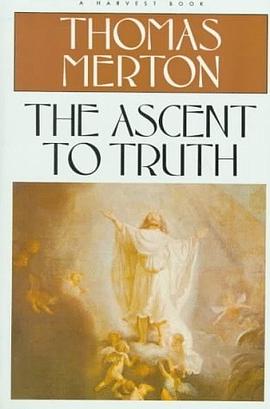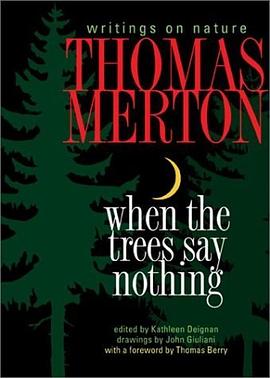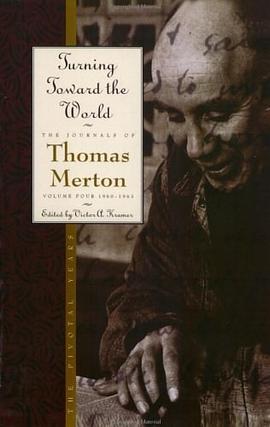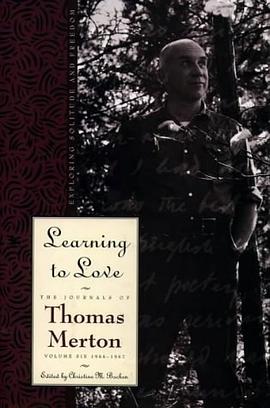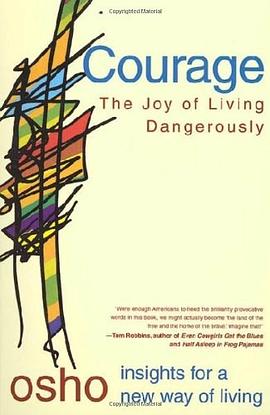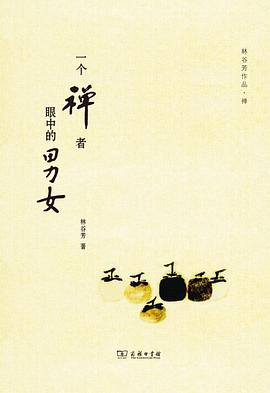

具體描述
When Thomas Merton entered a Trappist monastery in December 1941, he turned his back on secular life—including a very promising literary career. He sent his journals, a novel-in-progess, and copies of all his poems to his mentor, Columbia professor Mark Van Doren, for safe keeping, fully expecting to write little, if anything, ever again. It was a relatively short-lived resolution, for Merton almost immediately found himself being assigned writing tasks by his Abbot—one of which was the autobiographical essay that blossomed into his international best-seller The Seven Storey Mountain . That book made him famous overnight, and for a time he struggled with the notion that the vocation of the monk and the vocation of the writer were incompatible. Monasticism called for complete surrender to the absolute, whereas writing demanded a tactical withdrawal from experience in order to record it. He eventually came to accept his dual vocation as two sides of the same spiritual coin and used it as a source of creative tension the rest of his life. Merton’s thoughts on writing have never been compiled into a single volume until now. Robert Inchausti has mined the vast Merton literature to discover what he had to say on a whole spectrum of literary topics, including writing as a spiritual calling, the role of the Christian writer in a secular society, the joys and mysteries of poetry, and evaluations of his own literary work. Also included are fascinating glimpses of his take on a range of other writers, including Henry David Thoreau, Flannery O’Connor, Dylan Thomas, Albert Camus, James Joyce, and even Henry Miller, along with many others.
著者簡介
圖書目錄
讀後感
評分
評分
評分
評分
用戶評價
相關圖書
本站所有內容均為互聯網搜索引擎提供的公開搜索信息,本站不存儲任何數據與內容,任何內容與數據均與本站無關,如有需要請聯繫相關搜索引擎包括但不限於百度,google,bing,sogou 等
© 2025 book.quotespace.org All Rights Reserved. 小美書屋 版权所有


